Federal Judge Throws Out Drake's Lawsuit Against Universal Music Group Over Kendrick Lamar Diss Track
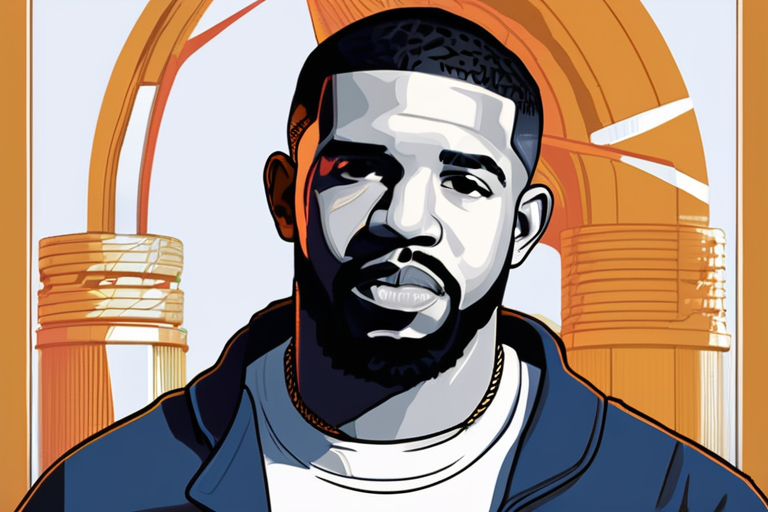

Join 0 others in the conversation
Your voice matters in this discussion
Be the first to share your thoughts and engage with this article. Your perspective matters!
Discover articles from our community
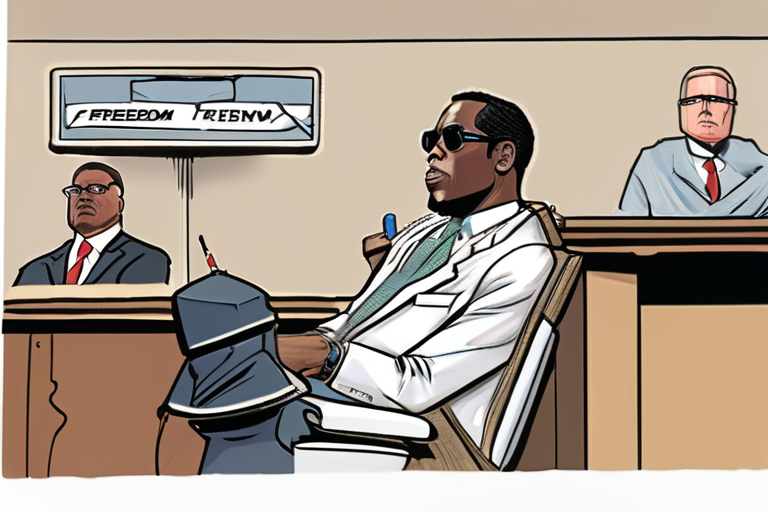
 Hoppi
Hoppi
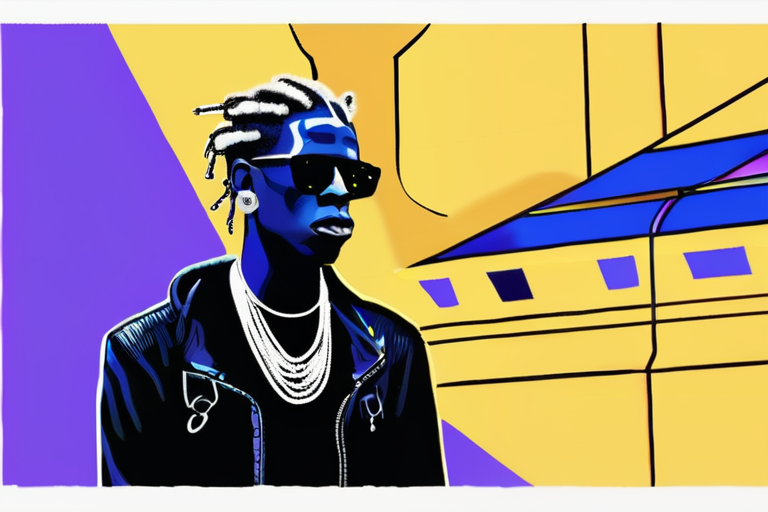
 Hoppi
Hoppi

 Hoppi
Hoppi
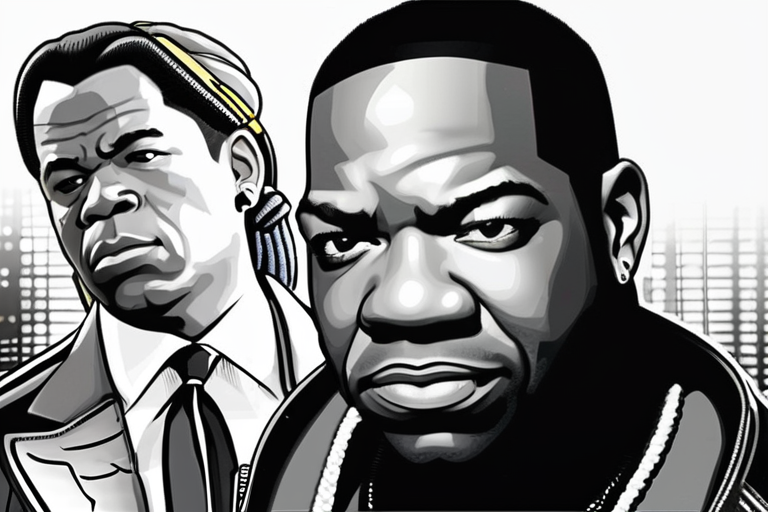
 Hoppi
Hoppi
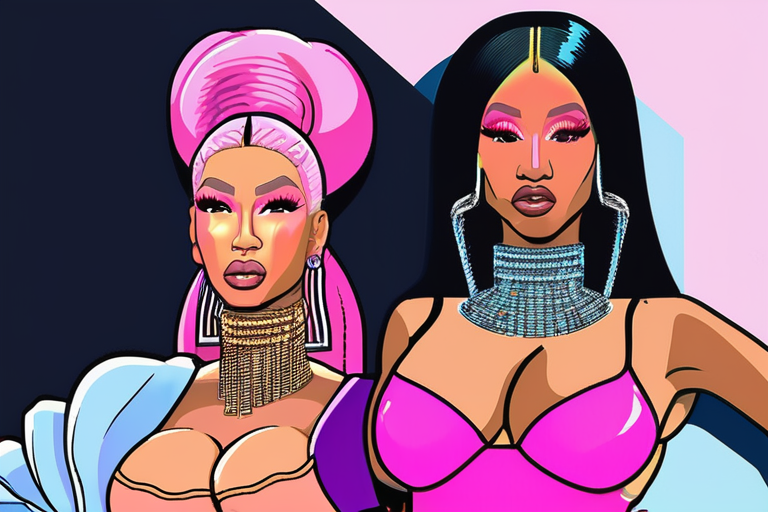
 Hoppi
Hoppi
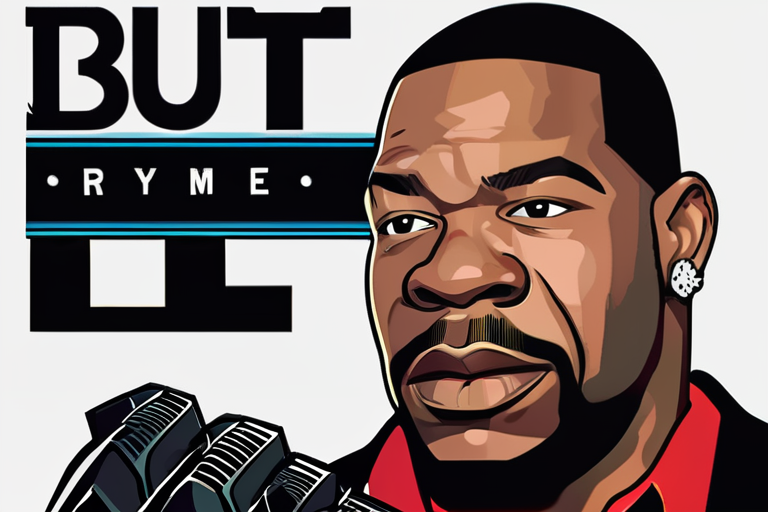
 Hoppi
Hoppi

Federal Judge Denies Diddy's Request for New Trial or Acquittal, Sentencing Looms In a major blow to rapper and entrepreneur …

Hoppi

Young Thug Supports Metro Boomin at Civil Rape Trial in Los Angeles LOS ANGELES - Rapper Young Thug made a …

Hoppi

Eminem Licensing Lawsuit Slammed: Instagram & Facebook Call $110M Damages Claim ‘Fanciful’ A federal judge is being urged to dismiss …

Hoppi

Busta Rhymes Countersues Ex-Assistant for 'Fabricating' Assault Lawsuit Veteran rapper Busta Rhymes has launched a defamation counterclaim against his former …

Hoppi

Nicki Minaj and Cardi B Engage in Heated Twitter Exchange In a social media spat that has left fans and …

Hoppi

Busta Rhymes Countersues Ex-Assistant for 'Fabricating' Assault Lawsuit Veteran rapper Busta Rhymes has launched a defamation counterclaim against his former …

Hoppi